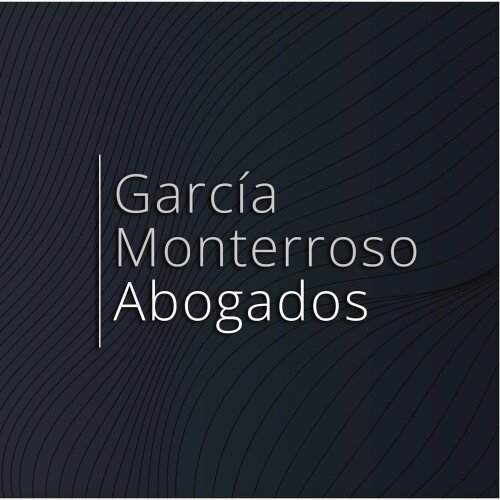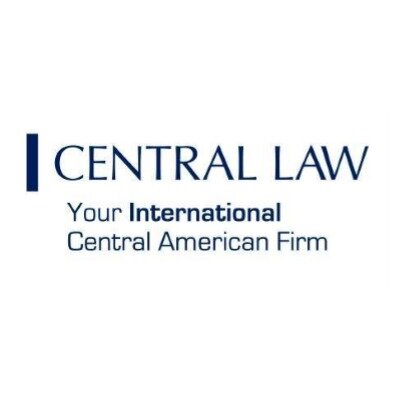Best Patent Lawyers in Guatemala
Share your needs with us, get contacted by law firms.
Free. Takes 2 min.
Or refine your search by selecting a city:
List of the best lawyers in Guatemala
About Patent Law in Guatemala
Patent law in Guatemala is managed by the Registro de la Propiedad Intelectual (RPI) under the Ministry of Economy. Guatemala, as a member of international agreements like the Patent Cooperation Treaty (PCT) and the Agreement on Trade-Related Aspects of Intellectual Property Rights (TRIPS), provides a legal framework for the protection of inventions. A patent in Guatemala grants the owner exclusive rights to the invention, preventing others from commercially exploiting it without authorization for a period typically lasting 20 years from the filing date.
Why You May Need a Lawyer
Obtaining a patent can be a complex procedure, involving detailed documentation and strict adherence to both local and international laws. A lawyer specialized in intellectual property can assist with:
- Conducting patent searches to ensure your invention is novel.
- Navigating the application process at the RPI.
- Interpreting and advising on local and international patent laws.
- Protecting your patent rights against infringement or unauthorized use.
- Renewing patents and managing intellectual property portfolios.
Local Laws Overview
In Guatemala, the legal framework for patents is primarily established by the Industrial Property Law (Decree No. 57-2000). Key aspects include:
- The patentability criteria which requires an invention to be new, involve an inventive step, and be industrially applicable.
- The requirement to disclose the invention clearly enough to be reproduced by a person skilled in the art.
- Procedures for filing, examination, and opposition of patents are conducted by the RPI.
- The enforcement against infringement, including judicial actions, fines, and remedies.
- Regulations on compulsory licensing, allowing others to produce the patented product under certain conditions.
Frequently Asked Questions
What constitutes a patentable invention in Guatemala?
An invention must be new, involve an inventive step, and be capable of industrial application to be patentable.
How long does patent protection last in Guatemala?
Patent protection lasts for 20 years from the application filing date.
Can I apply for a patent in Guatemala if I'm not a resident?
Yes, non-residents can apply for patents through a legal representative or agent in Guatemala.
Are there any inventions that cannot be patented in Guatemala?
Yes, inventions contrary to public order or morality, as well as scientific theories and mathematical methods, are not patentable.
How can I check if my invention is already patented in Guatemala?
You can conduct a patent search at the RPI or hire an attorney to perform this search for you.
What is the process for filing a patent application in Guatemala?
The process involves submitting an application with a detailed description, claims, drawings, and an abstract, followed by examination and publication.
Can a patent be challenged or opposed in Guatemala?
Yes, there are provisions for opposition during the application examination process by any interested party.
What are the costs associated with obtaining a patent in Guatemala?
Costs include application fees, attorney fees, and possible maintenance fees over the patent's lifespan.
How does Guatemala handle international patent agreements?
Guatemala is a member of the PCT, allowing applicants to seek international patent protection for their inventions.
What should I do if my patent rights are being infringed in Guatemala?
Consult a legal professional specializing in IP law to explore enforcement options, including potential legal action.
Additional Resources
Consider reaching out to the following resources for assistance:
- Registro de la Propiedad Intelectual (RPI) for official procedures and regulations.
- Local law firms specializing in intellectual property rights.
- Chambers of commerce and business associations for additional support and networking.
- World Intellectual Property Organization (WIPO) for guidance on international patent applications.
Next Steps
If you require legal assistance, your next steps should include:
- Conducting preliminary research on your invention's novelty and eligibility.
- Consulting with a qualified patent attorney or legal expert in intellectual property.
- Preparing the necessary documentation to file your patent application with the RPI.
- Monitoring the patent application process and responding to any inquiries or opposition.
- Staying informed of your patent rights and obligations to ensure continued protection.
Lawzana helps you find the best lawyers and law firms in Guatemala through a curated and pre-screened list of qualified legal professionals. Our platform offers rankings and detailed profiles of attorneys and law firms, allowing you to compare based on practice areas, including Patent, experience, and client feedback.
Each profile includes a description of the firm's areas of practice, client reviews, team members and partners, year of establishment, spoken languages, office locations, contact information, social media presence, and any published articles or resources. Most firms on our platform speak English and are experienced in both local and international legal matters.
Get a quote from top-rated law firms in Guatemala — quickly, securely, and without unnecessary hassle.
Disclaimer:
The information provided on this page is for general informational purposes only and does not constitute legal advice. While we strive to ensure the accuracy and relevance of the content, legal information may change over time, and interpretations of the law can vary. You should always consult with a qualified legal professional for advice specific to your situation.
We disclaim all liability for actions taken or not taken based on the content of this page. If you believe any information is incorrect or outdated, please contact us, and we will review and update it where appropriate.
Browse patent law firms by city in Guatemala
Refine your search by selecting a city.














